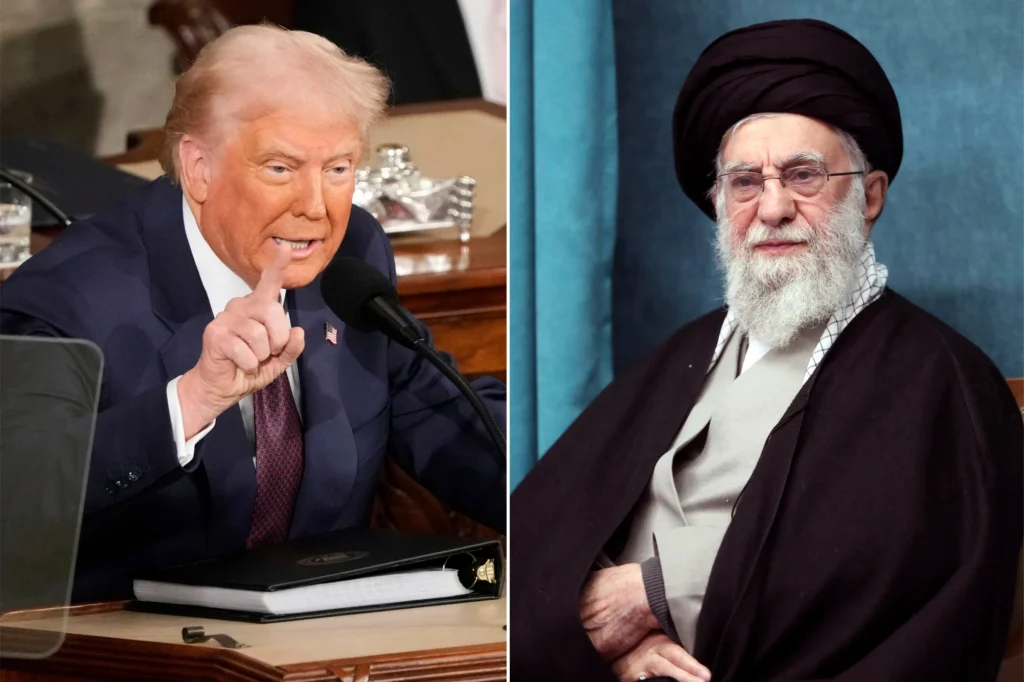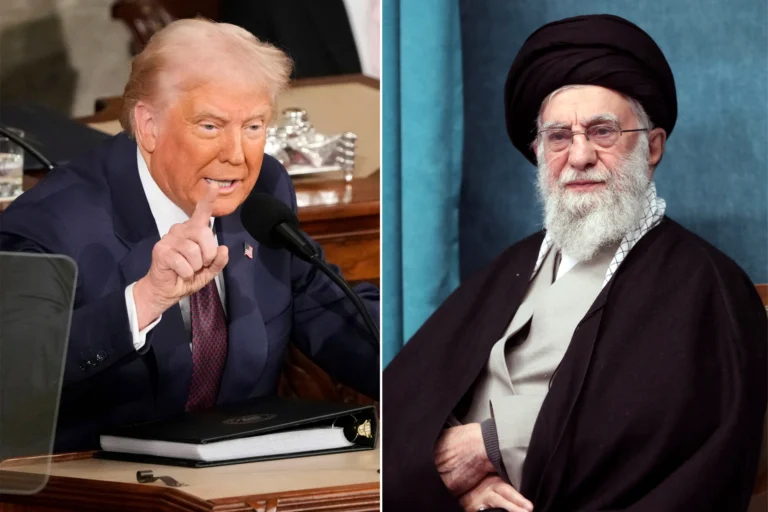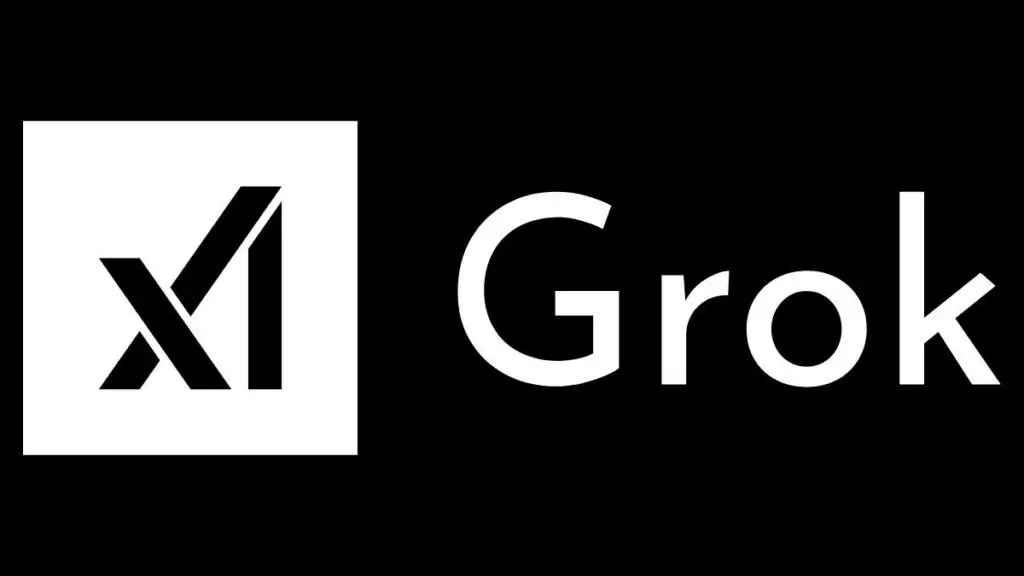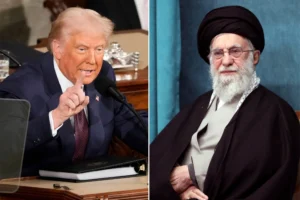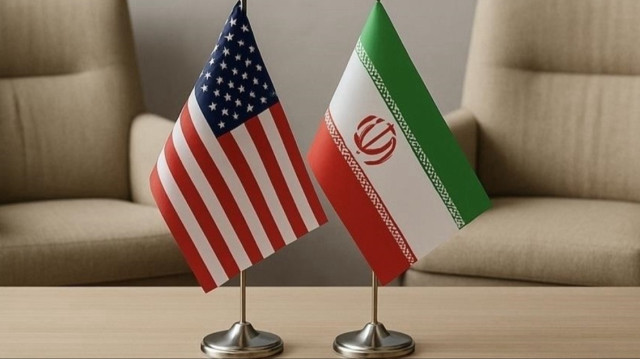
The United States has sent a proposal to Iran for a nuclear deal between Tehran and Washington. The White House confirmed this on Saturday.
Iranian Foreign Minister Abbas Araghchi said that during his visit to Tehran, Omani Foreign Minister Badr Albusaidi presented him with “some aspects of the U.S. proposal.”
This news comes after the International Atomic Energy Agency (IAEA) stated that Iran has increased its stockpile of highly enriched uranium a key ingredient for making nuclear weapons.
White House Press Secretary Karoline Leavitt said on Saturday that accepting the deal would be in Iran’s best interest. She also added that President Trump clearly stated Iran must never obtain a nuclear bomb.
Leavitt stated that President Donald Trump’s special envoy, Steve Witkoff, sent a ‘comprehensive and acceptable’ proposal to Iran.
“Abbas Araghchi wrote on the social media platform X that Iran will respond appropriately to the U.S. proposal, in line with its policy, national interest, and the rights of its people.”
The details of the proposed deal have not yet been clarified. However, the proposal came after the IAEA’s report, which was seen by the BBC.
The report says Iran possesses 400 kg of uranium enriched to 60%. Which is close to the 90% level required for a nuclear weapon.
However, this enrichment level is significantly higher than what is needed for nuclear power generation and research. Further enrichment would make it enough for ten nuclear weapons. This makes Iran the only non-nuclear-weapon state with uranium enriched to this level.
The report has prompted the U.S., Britain, France, and Germany. Consider pressuring the IAEA Board of Governors to assess whether Iran has violated its nonproliferation obligations.
Iran has consistently claimed that its nuclear program is peaceful. On Saturday, Iranian state media described the IAEA’s report as baseless and politically motivated.
Iran warned that it will take retaliatory steps if the IAEA Governors’ meeting takes any action against it.
The U.S. has long sought to limit Iran’s nuclear capabilities. Since April, talks between the two countries have resumed through Oman’s mediation.
While both sides remain optimistic about the negotiations, significant differences remain on key issues. One being whether Iran can continue uranium enrichment under any future agreement.
Despite ongoing talks between Tehran and Washington. There has been no indication that Iran has slowed down its nuclear enrichment program.
The IAEA says Iran is producing enough highly enriched uranium each month to build a nuclear bomb.
U.S. officials believe that if Iran decides to build a nuclear weapon, it could produce one within a few months.
Iran has consistently denied any such intentions. However, it has not granted IAEA senior inspectors access, nor has it answered long-standing questions.
Previously, in 2018, then-President Trump withdrew the U.S. from a nuclear agreement signed between Iran and six world powers. Now, he is seeking a new deal.
The Joint Comprehensive Plan of Action (JCPOA), commonly known as the Iran nuclear deal. Which was signed by Iran and the U.S., China, France, Russia, Germany, and the United Kingdom.
The agreement aimed to limit and monitor Iran’s nuclear program in exchange for lifting sanctions on the country.
But Trump called the deal a “bad agreement” and withdrew the U.S.. Arguing that it failed to address Iran’s ballistic missile program.
He then reimposed sanctions to pressure Iran into agreeing to a new deal.
In the meantime, Tehran has further accelerated its nuclear program.
Trump had previously threatened to bomb Iran’s nuclear facilities if diplomacy failed to reach an agreement.
For more update stay tuned to https://times.aitechfair.com/

